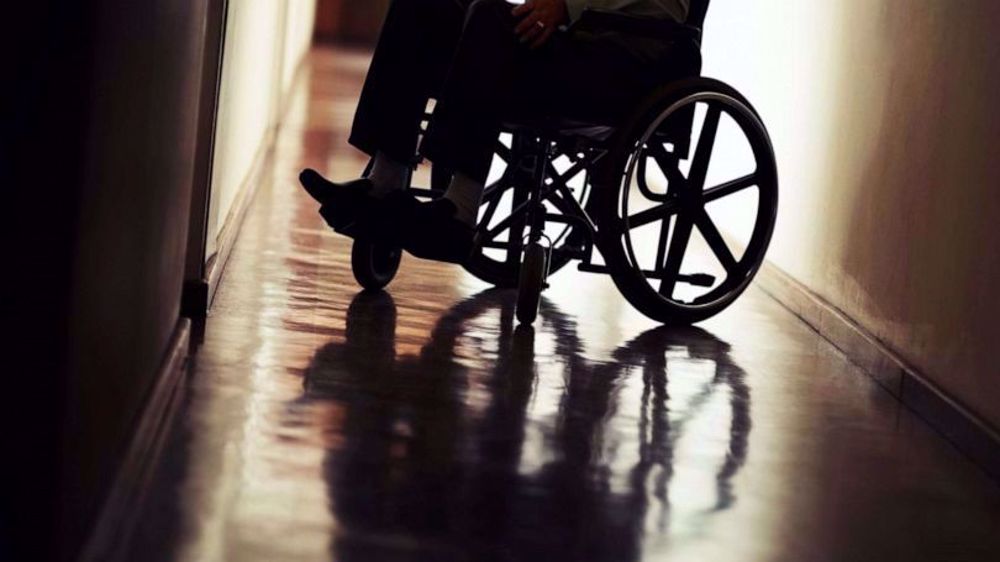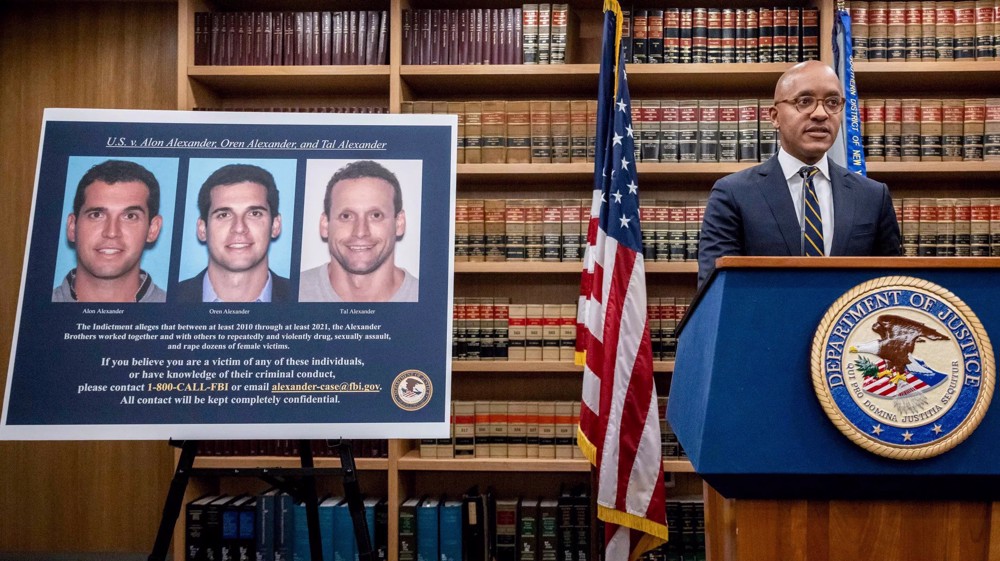Violent crime and victimization against disabled people in US rising: Bureau of Justice Statistics
Disabled Americans are disproportionately victims of violent crime and victimization, new data released by the Bureau of Justice Statistics (BJS) show.
According to the data, the frequency of such crimes is also rising, with disabled people accounting for 26 percent of nonfatal violent crimes from 2017 to 2019.
Despite the disabled making up just 12 percent of the population, they are victims of violence at almost four times the rate of non-disabled people.
Meanwhile, the disparity is even greater among disabled women with the prospect of their victimization appearing to be almost inevitable to some, activists argue.
Based on the data, there is an ongoing prevalence of domestic and intimate partner violence against disabled women too and activists assert that it is symptomatic of the failings of a system not built for the well-being of disabled people.
Stefanie Lyn Kaufman-Mthimkhulu, the executive director of non-profit disability advocacy group Project LETS, who is a survivor of sexual violence herself, did not report an occasion when she was sexually assaulted by a friend as a senior in college in 2017.
The reason was, Kaufman-Mthimkhulu said, she thought maybe her history in psychiatric institutions and her mental illness would have made it hard to hold her abuser accountable.
"I've seen [the legal system] tear people apart," Kaufman-Mthimkhulu said. "And I don't think I could have handled it. That's the reality that we're up against, particularly for folks who have psychiatric histories, who are intellectually disabled."
Activists believe that preventing such attacks is an uphill battle given the lack of research into violence at institutions, a mistrust in law enforcement among the community, poverty and overrepresentation in the criminal justice system.
According to the BJS, the rate of violent crime against disabled women stands at 49.4 per 1,000 people, which is higher than it is for disabled men and non-disabled men and women.
That rate is 42.7 per 1,000 for disabled men, and for all non-disabled people, it falls sharply, standing at 12.3 per 1,000 people.
Overall, the rate for disabled people has increased from 2009 to 2019 and the rate of violent victimization went up from 28.8 per 1,000 disabled people to 46.2.
Activists argue the root cause of this disparity is ableism, noting that misogyny puts women in greater danger.
"A lot of people don't actually see [disabled people as] full human beings that are capable of autonomous decision making," Kaufman-Mthimkhulu said. "We've all been conditioned in a way that allows for this belief that disabled people are inferior, are weaker than others. That we should be grateful for any form of attention, or love, even if that comes in the form of abuse."
Iran: US airstrikes on Yemen war crimes, violation of international law
Yemeni armed forces down F-18 fighter jet, repel US-UK attack: Spokesman
Iran warns against US-Israeli plot to weaken Muslims, dominate region
VIDEO | Public uproar in US against Israeli regime
‘Ghost town’: 70% of Jabalia buildings destroyed by Israel
Mother’s Day: Sareh Javanmardi’s inspiring journey as Paralympic champion and mother
Russia downs over 40 Ukrainian drones as Putin vows 'destruction' on Kiev
VIDEO | Yemen: A bone in Israeli neck










 This makes it easy to access the Press TV website
This makes it easy to access the Press TV website